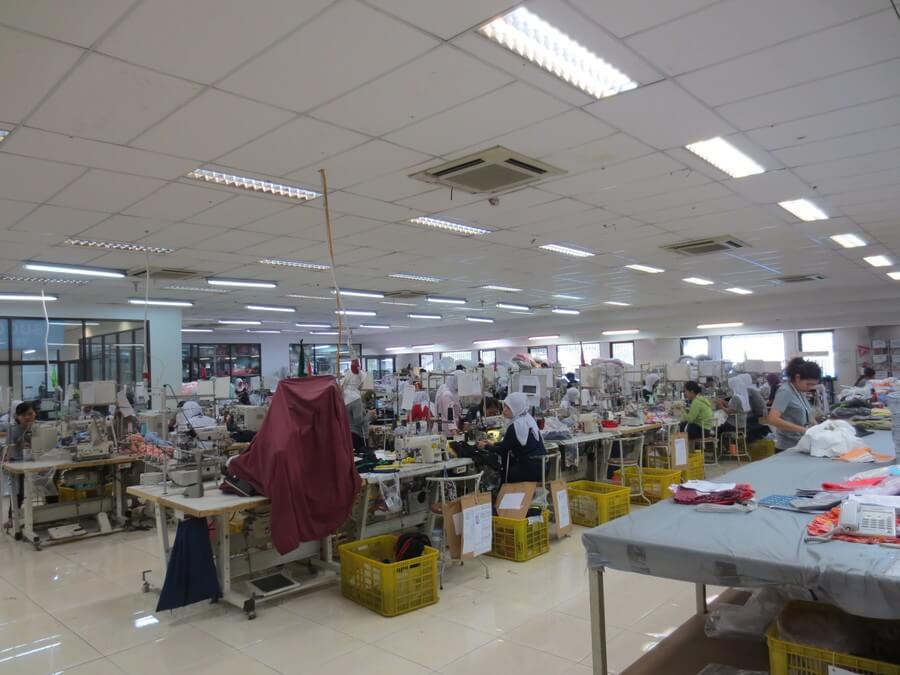
It is disheartening and discomforting to know that, after spending $45,000 to upwards of $150,000 on your education, you are burdened with a huge debt. You are unable to get your fashion design career/business started and then you have to go back to retail work, earning minimum wage. This is the new common path that most young people are facing in this tough economy. Tuition fees are increasing each year, but the quality of education remains the same. University and college graduates are leaving school jobless with very little trade skills to survive.
Why is our society so obsessed with that piece of degree/diploma paper? And yet, at every job interview, the majority of employers don’t even bother to check, follow-up or verify the applicant’s education. Most surprisingly of all, most employers are far more interested in discussing and questioning an applicant’s trade skills and experience, than finding out which school she/he graduated from. Typically, an employer will use a sewing or pattern drafting test to conduct the first job interview, to assess an applicant’s basic skills or experience. Sadly, if an applicant fails on the sewing or the drafting test, it is highly unlikely she/he will get the position.
Having said all that, how much technical merit is a piece of degree/diploma paper really worth, if you can’t demonstrate your trade/life skill to your employer? The answer is – most likely worthless, if you cannot get the job that you want. Let’s not forget that a degree or a diploma is just a piece of paper. Furthermore, there are many billionaires and millionaires in the world who made their fortunes without having a university or college education. A perfect example of someone who didn’t need that piece of paper is British Columbia’s own Jimmy Pattison.
It is great to have a degree or a diploma if you are actually learning a real practical trade/life skill and gaining experience, but, if you didn’t receive that from your fashion institution, then your education investment is a sham. Today, more and more institutions are operating more like Wall Street banks and corporations than real schools. On the one hand, they use fancy ads and attractive models to create fictitious images of promises and alternative facts. While, on the other hand, they are reeling in big bags of cash and, at the same time, they are failing to teach and deliver the required practical trade/life skills that their students so desperately need.
No matter where you live or work on this planet, a real trade/life skill is definitely far more practical and important than that piece of paper that everyone is so desperate to and obsessed with getting. There is an old saying, “Perception is reality”. As a society, we all like to think a degree indicates a higher intellectual stature but, in reality, a practical trade skill is the actual life skill you need to obtain, in order to do the job, and, once you enter another country or another jurisdiction, your degree may not be recognized or honoured on their soil, so all you really have left is your skill to prove your worth. At the end of the day, your trade/life skill is the only real commodity that you can take with you anywhere in the world to work.
“Today, having a university degree does not define who you are but, instead, it is your practical life skills that will help you succeed in your career”.
– Chris Falcon is a Canadian designer and fashion educator with over 35 years of experience in the garment design and manufacturing business.

